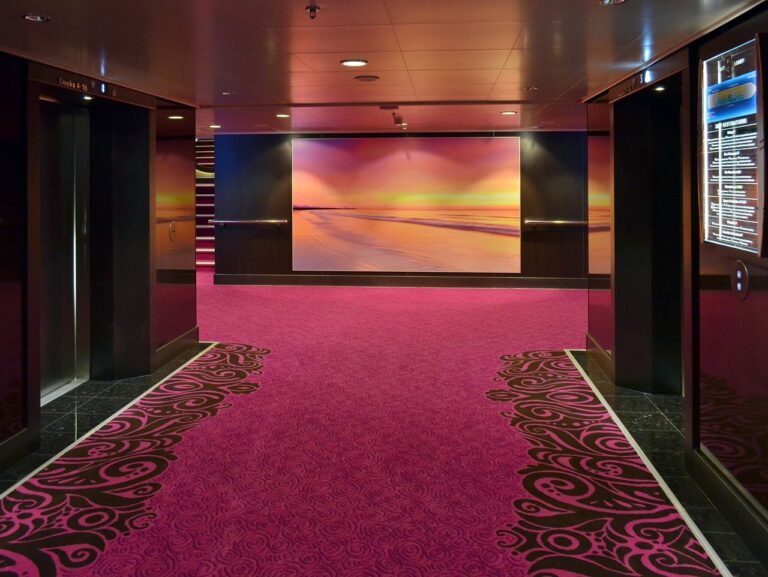The Impact of Airbnb on the Hospitality Industry: Disruption and Innovation
With the advent of Airbnb, the traditional hospitality landscape has witnessed a significant shift. This online marketplace allows individuals to rent out their properties to travelers, offering them unique and often more affordable accommodation alternatives to traditional hotels. The rise of Airbnb has revolutionized the way people travel and experience destinations, providing a more personalized and authentic stay for guests.
One of the key factors driving the success of Airbnb is the sense of community and connection it fosters between hosts and guests. This personal touch resonates with many travelers who value the opportunity to interact with locals and gain insights into the culture and lifestyle of the places they visit. As a result, Airbnb has attracted a large and diverse user base, catering to individuals seeking both budget-friendly options and more upscale and luxurious accommodations.
Traditional Hospitality Business Models
Traditional hospitality business models have long been characterized by the operation of hotels, motels, and resorts that provide temporary accommodation for travelers. These establishments typically offer a range of amenities and services to cater to the needs of their guests, such as room service, housekeeping, and concierge assistance. The revenue for these businesses predominantly comes from room bookings, food and beverage sales, and additional services like spa treatments or event hosting.
These traditional models have faced increasing competition in recent years with the rise of alternative accommodation options, such as Airbnb. With the convenience and affordability offered by Airbnb rentals, many travelers now prefer the flexibility and local experience that these accommodations provide. As a result, hotels and other traditional hospitality businesses have had to adapt their strategies to remain competitive in the evolving market landscape.
Challenges Faced by Hotels
Hotels are increasingly facing stiff competition from alternative accommodation options such as Airbnb. This has resulted in a decline in hotel occupancy rates and revenue margins. With the rise of digital platforms, consumers now have a plethora of choices when it comes to booking accommodation, making it challenging for hotels to attract and retain guests.
Moreover, hotels must continuously update their facilities and services to meet evolving consumer preferences and demands. This requires significant investment in renovations, technology upgrades, and staff training, all of which can strain operational budgets. Additionally, hotels need to adapt their marketing strategies to target a more tech-savvy and price-conscious audience, further adding to the challenges faced by this traditional sector.
What impact has the rise of Airbnb had on hotels?
The rise of Airbnb has introduced increased competition for hotels, as travelers now have more options for accommodation. This has put pressure on hotels to differentiate themselves and provide unique experiences for guests.
How have traditional hospitality business models been affected by changing consumer preferences?
Traditional hospitality business models have had to adapt to changing consumer preferences, such as a desire for more personalized experiences and a focus on sustainability. Hotels are now incorporating these elements into their offerings to stay competitive.
What are some of the challenges that hotels face in today’s market?
Some of the challenges that hotels face include rising operating costs, increasing competition, changing consumer preferences, and the impact of technology on the industry. Hotels must continuously innovate and improve their services to address these challenges.





